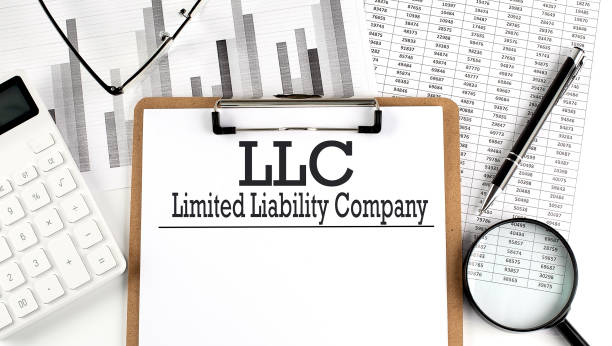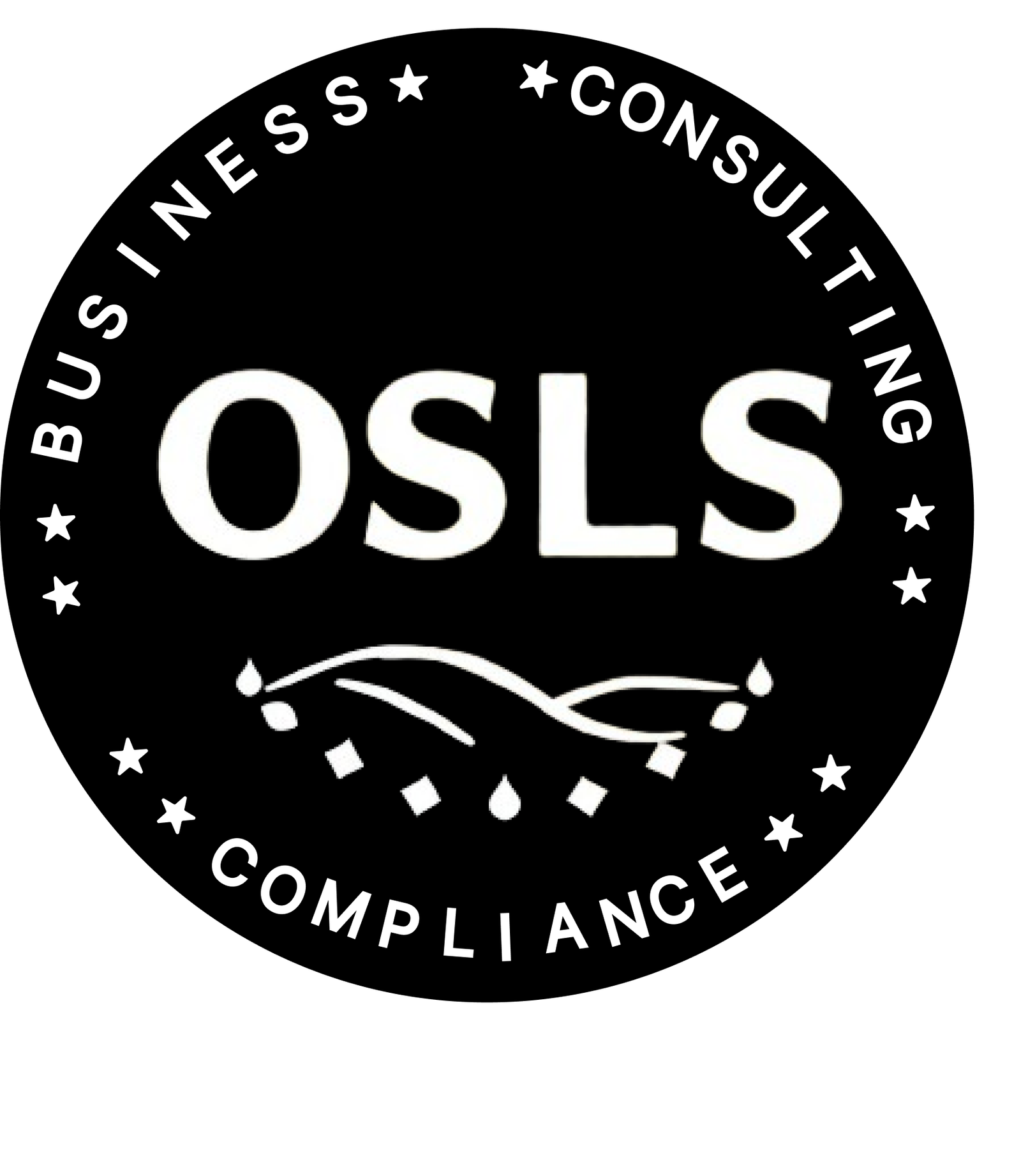Business Formation: Choosing the Right Structure
When starting a business, selecting the right legal structure is one of the most important decisions you'll make. The choice between an LLC, S-Corporation, or Corporation can have significant implications for your business's taxes, liability, and day-to-day operations. Understanding the differences between these entities is crucial to ensure that your business is set up for success from the start













